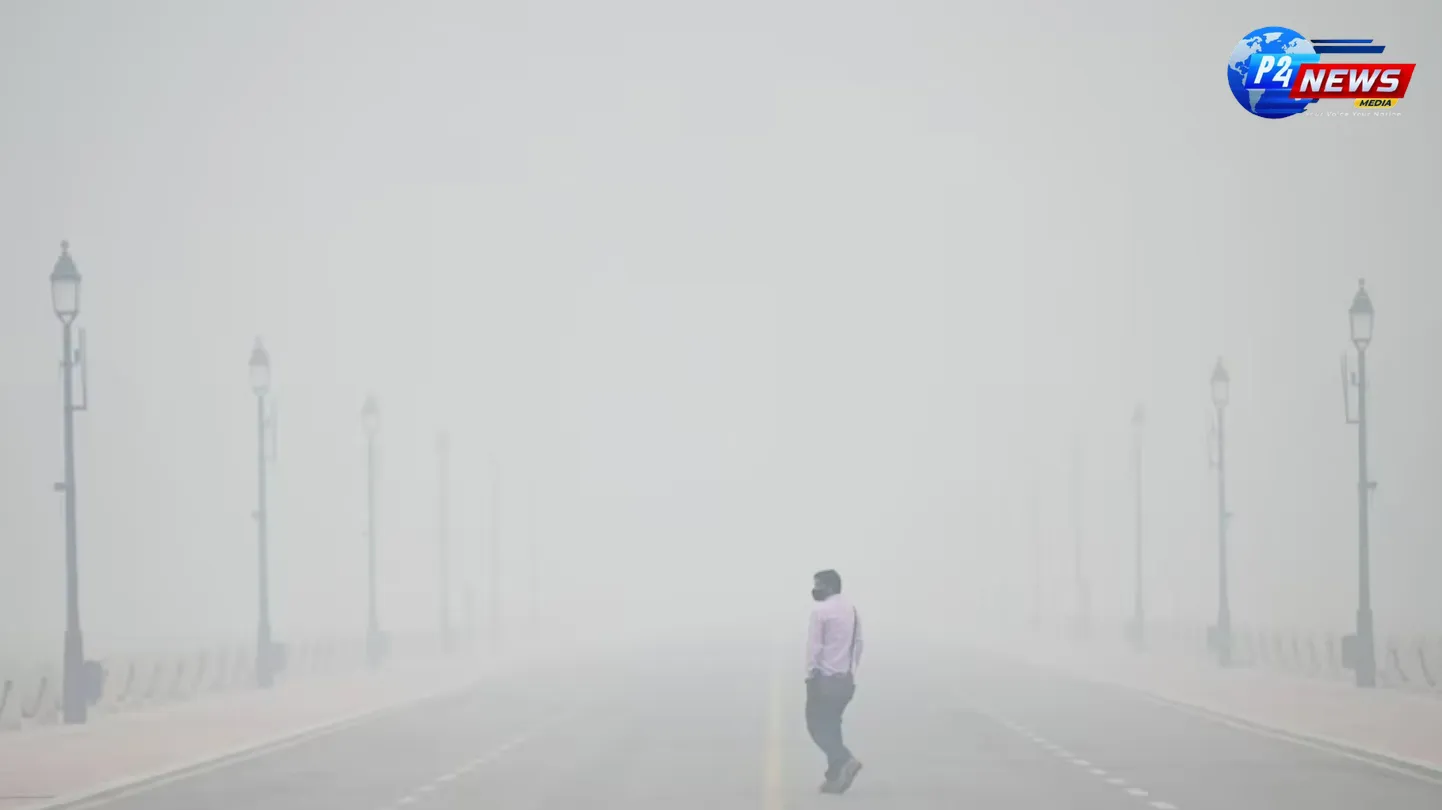The Supreme Court responded to concerns from parents regarding the lack of access to technology for virtual classes, highlighting the disparities in resources that hinder equal educational opportunities for children.
The Supreme Court responded to concerns from parents regarding the lack of access to technology for virtual classes, highlighting the disparities in resources that hinder equal educational opportunities for children.
The Supreme Court is set to deliberate next week on the possibility of easing certain restrictions currently enforced in the Delhi-NCR area as part of the Graded Response Action Plan IV (GRAP IV) aimed at addressing alarming pollution levels in the region. This decision arises from a case in which parents of school-aged children have approached the court, challenging the suspension of physical classes which has necessitated a shift to online education.
At present, students in the national capital are attending virtual classes due to severe air quality concerns. Many parents have expressed their dissatisfaction with this arrangement, highlighting the disparity in access to technology that hampers the ability of some children to participate effectively in online instruction. The court acknowledged the gravity of the situation, conceding that the implications of GRAP IV are indeed substantial.
During proceedings, a group of parents, led by Senior Advocate Menkeka Guruswamy, articulated the difficulties faced by numerous families. They contend that the presumption that indoor air quality is superior to outdoor conditions may not hold true for everyone. Guruswamy noted that many parents lack the necessary devices and internet connectivity for their children to engage in virtual learning, thereby placing them at a significant disadvantage. In response to the court's inquiry about potential remedies for families who struggle with this digital transition, Guruswamy proposed allowing parents the option to send their children to school, particularly in cases where they can attend local institutions.
Additional Solicitor General Archana Dave, however, stressed that the government shares concern for the children's welfare, pointing out that the existing pollution measures are in place out of an abundance of caution. Meanwhile, Senior Advocate Gopal Sankaranarayanan raised further concerns, noting that many lower-income families do not require transportation to schools far away, as they typically attend nearby educational establishments.
As the court prepares to revisit this matter on December 2, it faces a compelling application from eight parents who argue that school closures do not serve as an effective solution for the pollution challenges facing Delhi-NCR. Their petition emphasizes that such closures infringe upon children's right to education and posits that online learning is inadequate, especially for first-generation learners who may not have access to digital resources. The parents argue that even those with devices are at a disadvantage in comparison to the rich learning experiences available in traditional classroom settings.
The petition outlines several requests, including recommendations that the government issue specific guidelines for schools to follow when air quality indices exceed acceptable thresholds. Furthermore, it suggests that to mitigate pollution exposure, schools should delay their opening hours to after 9:00 AM during the months most affected by pollution, specifically November, December, and January. The parents also propose an academic calendar revision that would allow for a two-week closure during peak pollution periods, with these days adjusted from other school holidays to maintain the overall number of educational days.
Additionally, the proposal urges the government to allocate public funds to distribute N95 masks to students during high pollution seasons. In cases where air quality remains hazardous for extended periods, it suggests that schools implement alternative measures, such as broadcasting classes to support children with chronic respiratory conditions. The parents assert that while immediate measures are crucial, sustainable, long-term solutions are essential to address the ongoing air quality crisis without resorting to blanket closures of educational facilities.
Like
Dislike
Love
Angry
Sad
Funny
Pray
'Trump Tracker: Tulsi Gabbard's Surprising Appointment as US Intelligence Chief
November 14, 20249th Ayurveda Day in Melbourne: A Celebration of Ayurvedic Innovations and Global Health Impact
November 10, 2024🍪 We Value Your Privacy and Experience Hi there! We use cookies to enhance your browsing experience, provide personalized content, and analyze site traffic. By continuing to use our site, you consent to our use of cookies.







Comments 0